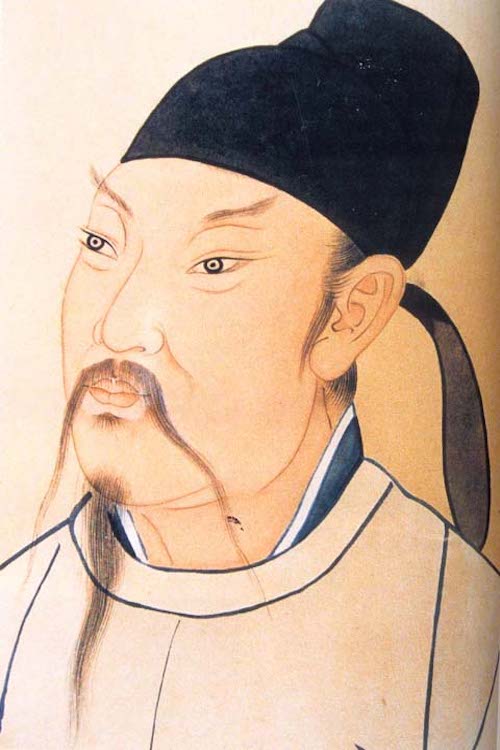
In Bai Di City, clouds of colors swirl, departing at morn,
I journeyed back to Jiangling, before the day was worn.
Apes from banks of river screeched, echoes lingering long,
Through thousands of mountain peaks, my skiff glided along.
In the spring of 759 A.D. (the second year of Qianyuan reign of Emperor Suzong of Tang Dynasty), Li Bai exiled Yelang because of the Yongwang Li Lin case, and rushed to the place where he was banished by way of Sichuan. When he arrived at Baidi City, he suddenly received the news of the pardon. He was very pleasantly surprised, and then he took a boat east to Jiangling. This poem was written when the boat arrived in Jiangling, so the title of the poem is “Xiajiangling”.
The predecessors once believed that this poem was written by Li Bai when he was out of Shu. However, according to the poetic meaning of “A Thousand Miles of Jiangling Returned in One Day”, Li Bai once went to the Three Gorges from Jiangling, so this poem should be written when he returned.
朝辭白帝彩雲間,
千里江陵一日還。
兩岸猿聲啼不住,
輕舟己過萬重山。

Li Bai (701-762), considered one of China’s greatest poets alongside Du Fu, lived during the Tang Dynasty’s golden age of poetry. Known for his vivid imagery and deep emotion, Li Bai’s work spans about 1,000 poems on themes like nature, friendship, and existential reflections. Celebrated for his spontaneous verse and exploration of Taoist ideals, Li Bai’s poetry also deeply admires the natural world and ancient times, often challenging life’s ordinary constraints. His depiction of China’s landscapes combines natural beauty with personal sentiment. Earning the title ‘Poetry Immortal,’ Li Bai’s influential poetry is globally admired for its artistic and philosophical depth.
Image: MidJourney/DALL-E 2